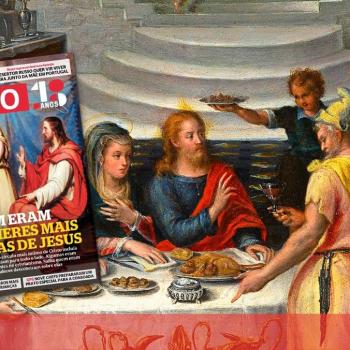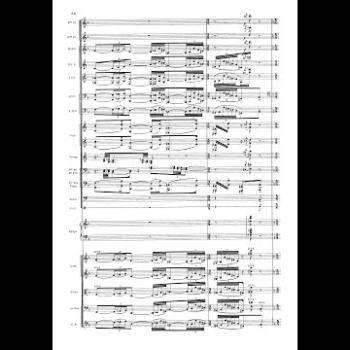Nick Norelli posted an entry on his blog about sacrificial worship, connecting it with James D. G. Dunn’s book Did the First Christians Worship Jesus? and also with my own book, The Only True God
.
Nick questions whether animal sacrifice was the sine qua non – but doesn’t clarify the sine qua non of what, leaving his point somewhat obscure. But as far as my own views on the topic, animal sacrifice was the form of worship which par excellence indicated monotheistic allegiance in practice, both through that sort of sacrifice being offered to Yahweh alone in the Jerusalem temple, and through the refusal to offer such sacrifice to any other figure or in any other place. Neither Dunn nor I view animal sacrifice as the only “true” form of worship. But it was the one sort of worship that most Jews seem to have agreed could be offered to the one God alone and to none other. Addressing angels prayerfully, prostrating oneself before another person (the Greek term usually translated “worship” came to have a vague broad range comparable to the English word, but originally referred to prostration), and other actions could be offered to other figures but could also be part of the worship of the one God. And so these other actions did not serve to express monotheistic allegiance to the same extent or for as many Jews as animal sacrifice did.
Since the Greek word ἀπαρχή (usually meaning “firstfruits” in the Bible) was also used metaphorically, one should not make too much of it. The use of the term in and of itself does not clearly indicate a redefinition of monotheism or monolatry.
With respect to his claim that early Christians all felt that the sacrifice of Jesus meant they were to cease participating in the sacrificial worship of the temple, Nick is clearly in error. The Book of Acts in particular depicts Christians participating in temple worship (even Paul himself does so!). We should not read the viewpoint of the Epistle to the Hebrews into the entirety of early Christian literature.
The other instances Nick mentions, such as the Lord’s Supper, were connected with Jesus’ sacrifice to God, not sacrifice addressed to him. The difference is significant.
I will add that my point is not that we should have expected Christians to turn up at the temple insisting that animals be offered to Jesus. My point is simply that, had they done that, and had such actions been recorded and preserved, then we would have no doubt that they had either departed from monotheism, or included Jesus within the worship of the one God in the way that Bauckham, Wright and others suggest. But since they did not offer to Jesus the one sort of offering that would have made such a development unambiguous, we must rely on other things, such as what they actually say. And what they say explicitly suggests that, for the most part, Christians worshiped the God of Jesus, and approached God through Jesus’ sacrifice, praising Jesus as the representative of God’s dominion, but in no way giving unambiguous expression to a redefinition of monotheism.
That last point is crucial. When a person or group rethinks a core commitment, they can be expected to do so explicitly. If we found any other group of Jews continuing to assert that “God is one” and that this God is “the only true God,” we would remain persuaded of their monotheism, even if they made some statements that could be interpreted as subtle departures from monotheism. Emphatic statements of adherence, and no clear, unambiguous statements of rethinking, normally suggest that we are dealing with a person or group that has not departed from core convictions. I am not persuaded that this line of reasoning applies any less to early Christianity.
I thank Nick Norelli for keeping discussion of early Christology alive in the blogosphere!












